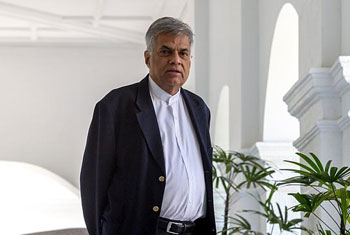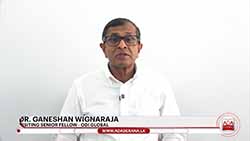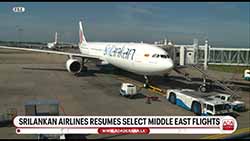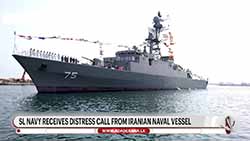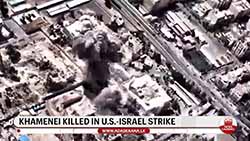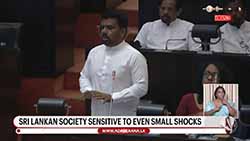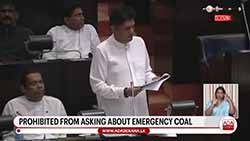Ranil faults Australia’s silence
February 23, 2015 10:32 am
Sri Lanka’s new Prime Minister, Ranil Wickremesinghe, claims the Australian government’s silence on alleged human rights abuses was the price it paid to secure co-operation from the former Rajapaksa government on stopping asylum-seeker boats.
In an exclusive interview with The Australian, the veteran politician also said that Tony Abbott’s close relationship with the Rajapaksas was “a mystery” to Sri Lankans, and that Australia’s new Immigration Minister, Peter Dutton, would be unlikely to get the warm welcome received under the previous government.
In a weekend interview at the Prime Minister’s official Temple Trees residence in Colombo, Mr Wickremesinghe confirmed the involvement of “people connected to the previous government” in people-smuggling operations.
“It was being done by people with Rajapaksa connections, but once this deal was done between Australia and the Rajapaksa government, where you looked the other way (on human rights abuses), then secretary of defence got the navy to patrol,” he told The Australian. “You could not have got anyone out of this country without someone in the security system looking the other way, the police or the navy.”
Hhe understood people-smuggling was a major issue for Australia and his government would continue to crack down on departures. “This should have been done anyway (by the Rajapaksa government) but they didn’t do it. They wanted to strike deals,” he said.
The Sri Lankan Prime Minister said former immigration minister Scott Morrison had breached protocol by refusing to meet with then opposition Tamil National Alliance politicians when he last visited Sri Lanka and as a result his successor could receive a frosty reception from the TNA, now a key member of the new ruling coalition.
“It was a slip-up on the part of the Australian side,’’ he said. “I am not against the Australian government, but I think you must learn from your experiences. Some other countries must also that fully backed the Rajapaksa regime. When human rights were being trampled, and democracy was at bay, these countries were silent. That is an issue for Sri Lanka.”
Australia has been accused of refusing to speak out on alleged war crimes committed in the last months of Sri Lanka’s 26-year civil war with Tamil separatists in which as many as 40,000 civilians were killed, and on subsequent allegations of human rights abuses, because it needed the Sri Lankan government’s support to stop the flow of boats. While fellow Western nations have pushed for an independent investigation through the UN Human Rights Council, Australia has said it is not its place to publicly lecture Sri Lanka on human rights.
Mr Wickremesinghe, the 65-year-old leader of Sri Lanka’s centre-right United National Party, became Prime Minister for the third time last month after former president Mahinda Rajapaksa and his powerful family were voted out of government. The new administration has promised to punish those who illegally profited under the Rajapaksa regime’s “crony capitalism”.



